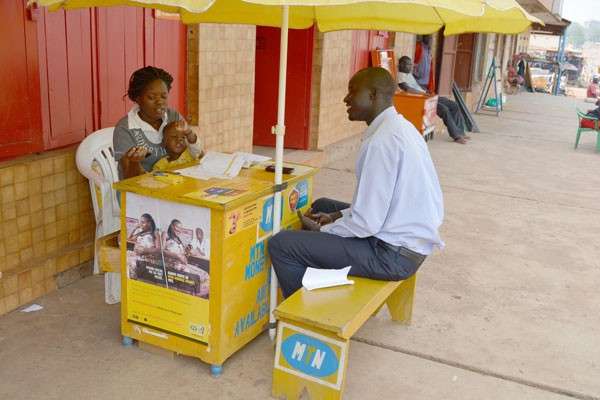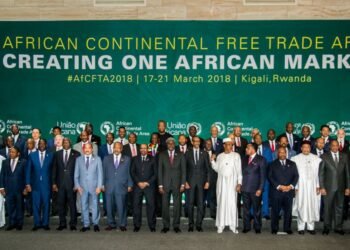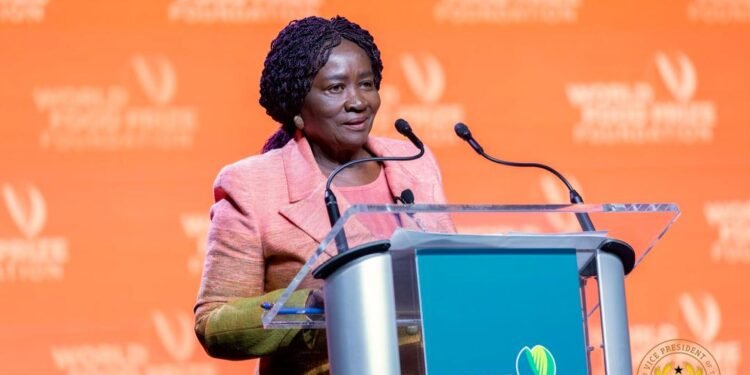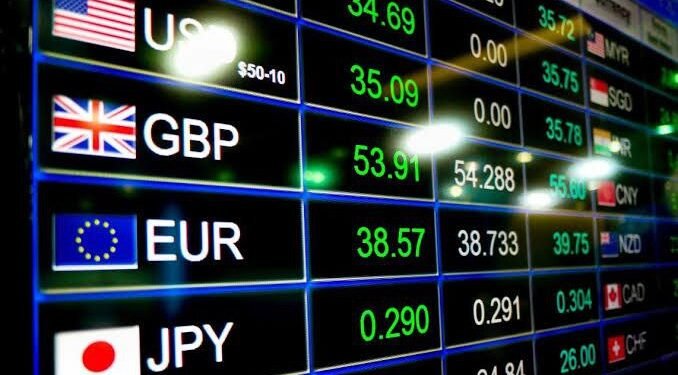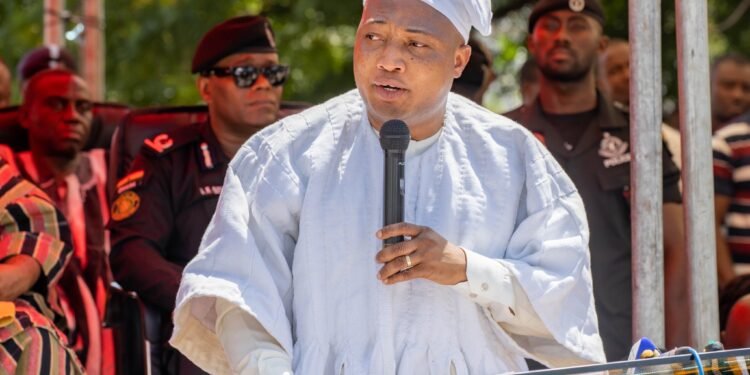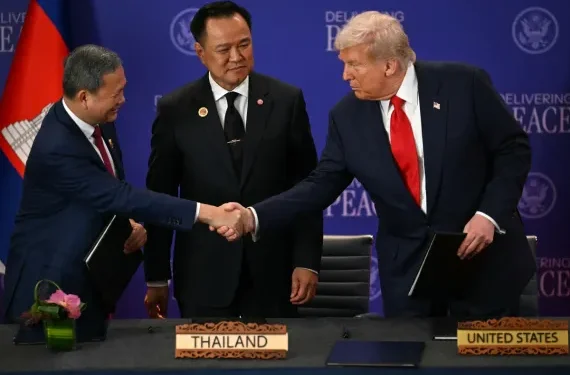Ghana has emerged as the global leader in mobile money regulation, according to the 2024 GSMA Mobile Money Regulatory Index (MMRI).
This recognition highlights the nation’s progressive strides in financial inclusion and regulatory excellence.
The 2024 MMRI report crowned Ghana as the best-regulated country for mobile money services, with an impressive score of 95.06%. This marks a notable improvement from the previous year’s score of 92.56%, which positioned Ghana third behind Rwanda and Pakistan. Rwanda now ranks second with 95%, while Pakistan has slipped to sixth place with 92.81%. Other top-performing countries include Qatar (94.21%), Malawi (93.88%), and El Salvador (93.75%).
Notably, Brazil, Colombia, Iraq, Lesotho, Mexico, and Peru also achieved scores exceeding 90%, demonstrating a growing global commitment to robust mobile money regulation.
The Impact of Ghana’s Mobile Money Interoperability
The MMRI report attributed Ghana’s success to its Mobile Money Interoperability (MMI) platform, a groundbreaking innovation developed by the Ghana Interbank Payments and Settlements Systems (GhIPSS). This platform allows seamless financial transactions across different mobile money networks and banks, significantly boosting financial inclusion.
Under GhIPSS’s broader financial inclusion framework, Ghana’s financial inclusion rate has soared from below 70% in 2023 to over 90% in 2024. The interoperability system has bridged gaps in access to financial services, enabling individuals and businesses to transact more conveniently and securely.
The GSMA MMRI evaluates countries based on 40 indicators grouped into six critical areas: Transparency and Disclosure Requirements, Authorization, Consumer Protection, Integrity, Oversight of Operation, Organization and Governance, and Policy Enablement, with respective weights of 15%, 25%, 15%, 15%, 15%, and 15%.
Ghana excelled with perfect scores in Transparency and Disclosure Requirements, Authorization, and Consumer Protection. The country also performed exceptionally in Integrity (over 90%) and Oversight of Operation and Governance (above 90%). Although Policy Enablement scored slightly lower at 84%, Ghana’s overall performance remains unmatched.
Challenges to Sustained Growth
Despite these impressive achievements, the report raised concerns about consumer taxes, such as Ghana’s Electronic Transfer Levy (E-Levy). This tax on digital transactions has negatively impacted mobile money adoption, leading to reduced transaction volumes and values. The GSMA highlighted this as a potential threat to the progress made in financial inclusion.
The E-Levy, introduced to generate government revenue, has been widely debated for its implications on the digital economy. While the levy’s revenue contributions are essential, its unintended consequences risk undermining the gains made in expanding access to financial services.
Ghana’s leadership in mobile money regulation reflects its strategic focus on creating a robust and inclusive financial ecosystem. The perfect scores in Transparency and Consumer Protection underscore the country’s commitment to safeguarding consumer interests while fostering trust in the digital financial system.
Authorization processes in Ghana are streamlined to encourage innovation, allowing new players to enter the market while maintaining regulatory integrity. Oversight mechanisms ensure accountability, reducing the risk of fraud and other financial crimes.
Moreover, Ghana’s mobile money regulatory framework has become a model for other nations aspiring to advance financial inclusion through technology.
Launched in 2018, the GSMA MMRI provides an objective assessment of how regulatory frameworks support mobile money growth. By evaluating 90 countries annually, the index serves as a benchmark for policymakers to identify strengths and areas for improvement.
The six key areas assessed by the MMRI align with best practices, ensuring that regulatory frameworks are both enabling and protective. Ghana’s outstanding performance on this index not only enhances its global reputation but also strengthens investor confidence in its financial technology sector.
READ ALSO: Fitch Upgrades Outlook for Ghanaian Banks Amid Economic Recovery



